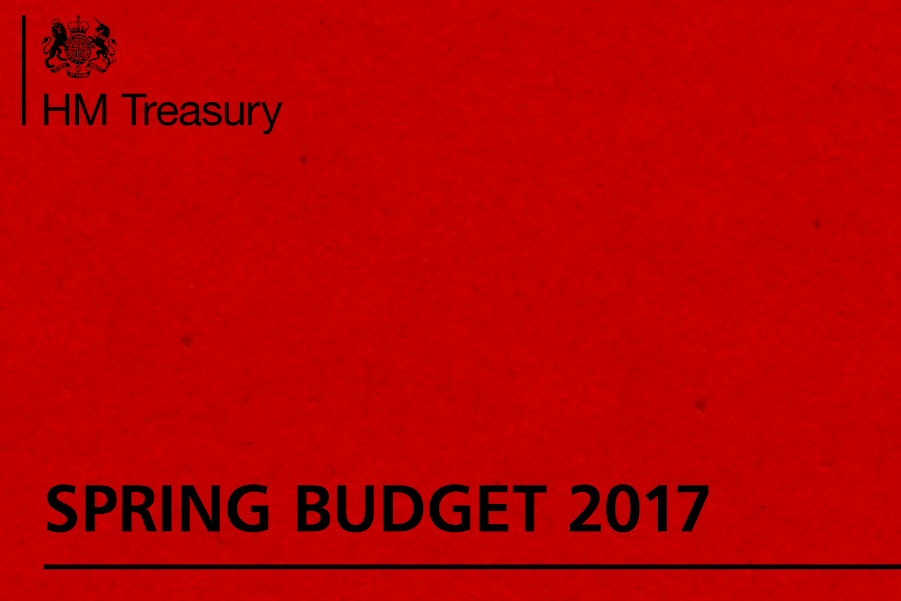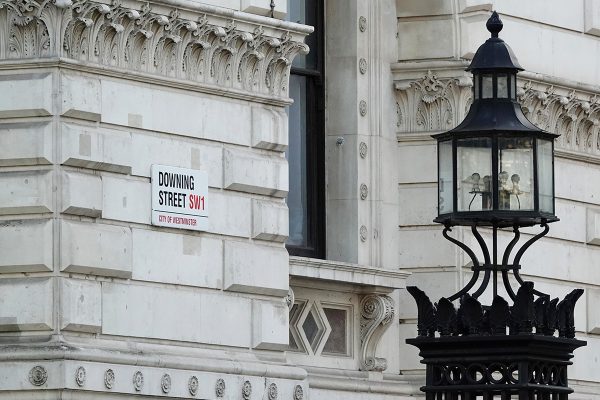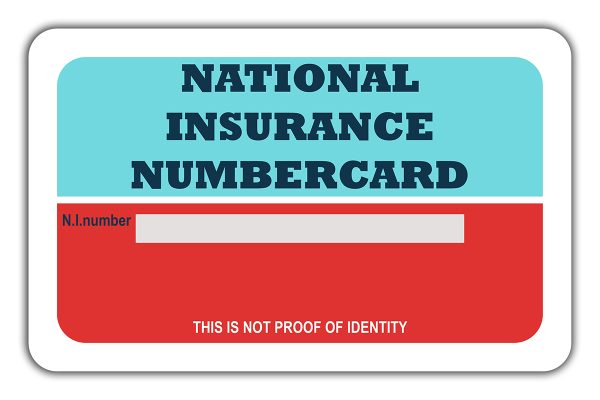The British Government has announced that changes to National Insurance contributions (NICs) revealed last week will not go ahead, in line with a Conservative party manifesto promise made in 2015. We wrote about the changes here last week.
Self-employed people were to see considerable changes to their (NICs). As previously announced, Class 2 NICs, which are currently for the self-employed only, are being abolished in April 2018. He revealed that class 4 NICs will be increased from 9% for the self-employed to 10% in April 2018 and 11% in April 2019.
But Chancellor of the Exchequer, Philip Hammond, said today: “In the light of what has emerged as a clear view among colleagues and a significant section of the public, I have decided not to proceed with the Class 4 NIC measure set out in the Budget.” And moreover, he pledged that there would be no NIC changes in this Parliament.
The 2017 Budget represents, on too many levels, a lost opportunity for tax reform. Not only have Business Rate changes not been amended after an outcry from SMEs. And also, it’s fair to say, that National Insurance for the self-employed does need attention too. And now the Government has effectively removed any option for reform between now and 2020.










7 Responses
I think the majority of the self employed reading this would challenge your view that it’s “fair to say” that National Insurance needs attention.
The self employed carve out a livelihood for themselves from nothing, they do not go the post office each week for benefits.
In any case, the self employed receive no benefits, sick pay, or have any employment rights as those in paid employment receive.
Remember that the self employed are already expected to pay both the employee and employer national insurance contributions. The small reduction in scrapping class 2 in 2018 does not help that much.
It’s a huge risk to go it alone and the UK has one of the most overbearing, unfriendly tax regimes for the self employed. It was a massive mistake by Hammond, which may well cost him his job.
The Tories risked being seen as the party of business, but only big corporate business. Let alone the crystal clear manifesto pledge.
More than anything, it is the perception that the self employed are enjoying some sort of privileged existence which had to be curbed, that really sticks in the craw.
Like many readers of these pages, I often work a sixty hour week to keep my business afloat.
As for the gig economy and the hole it’s leaving in the economy. Whose fault is that? Is it the fault of the self employed as a whole? Or is it the fault of a government which is so soft on big business that it allows them to palm off all their employer obligations?
Close the loopholes allowing abuse and leave hard working, entrepreneurial individuals alone.
You make a fair point, Dan. But like most areas needing reform, the response from government is either blanket cuts (in the case of benefits) or tax rises in the case of revenue.
I started my first business in 1990 and was amazed at how unfair the system was to the self employed.
27 years later and things don’t seem to have improved that much.
100% with you on that, Dan. But it has to be said that neither red or blue governments have done anything for us.
The truth is that small business is on its own, which is simply re-stating what we all know already.
But that’s the politician’s game. The less you intend to do about something, the more you talk about it.
I notice they trumpeted the lowest unemployment levels since 1975 the other day.
Has big business taken these people on? Hardly. Apart from a few isolated initiatives, which get wall to wall coverage, most corporates are still laying off staff. Banks, anyone?
It’s the small start-ups and individuals who have made up the majority of the new jobs.
We have a minister for small business, Margot James, as mentioned on these pages, but what does she actually do ???